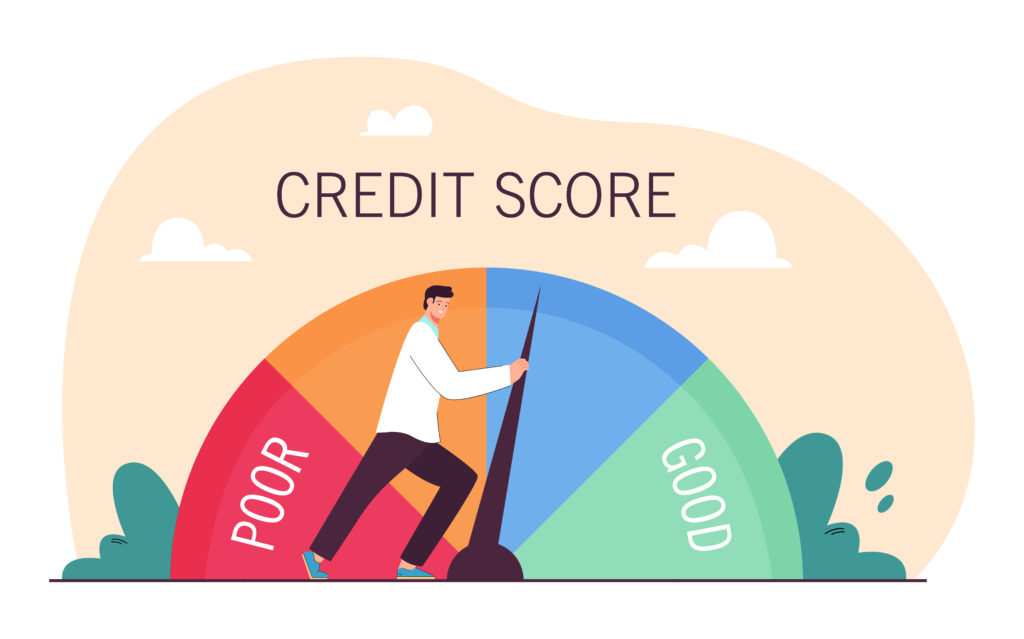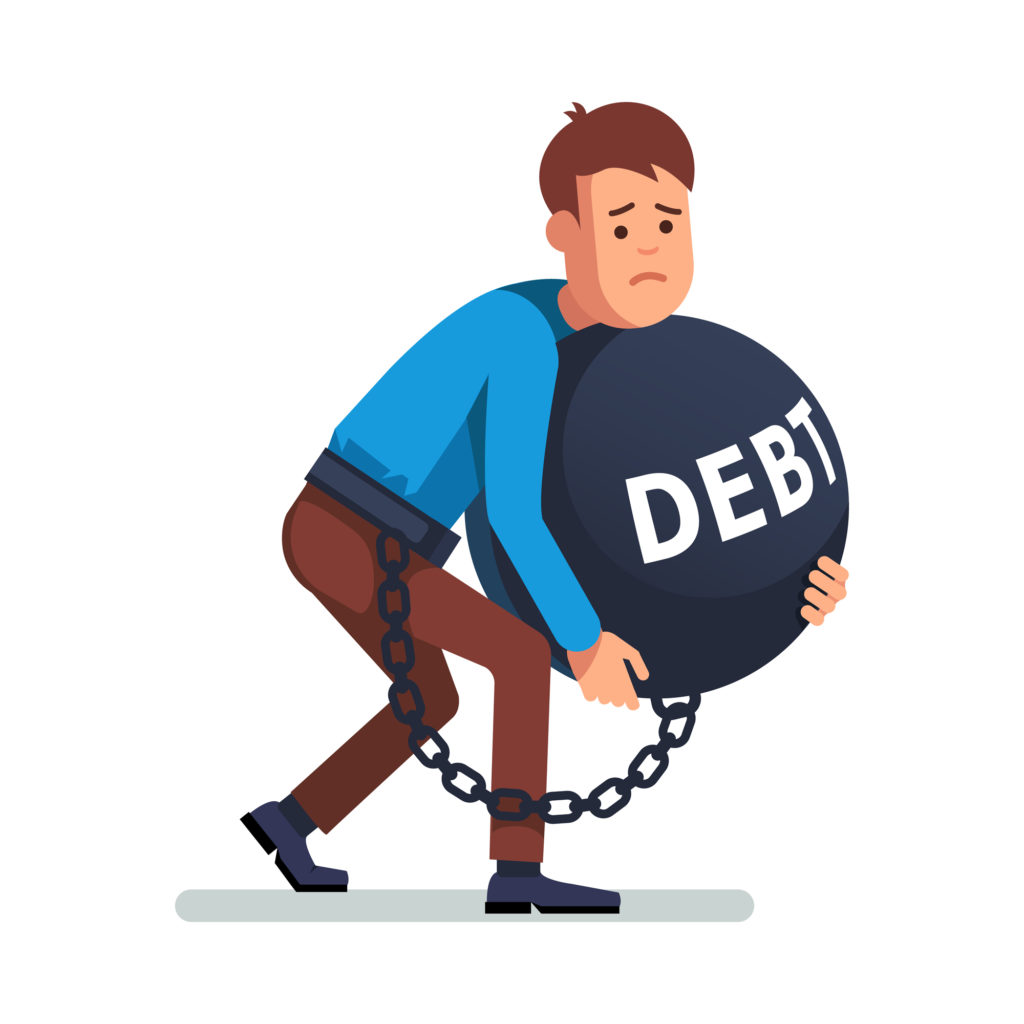
What Are The Differences Between Good And Bad Debt?
Not all debt is considered bad debt. There is such a thing as good debt, which can benefit your financial position.
For example, good debt can help to improve your credit score, making it easier to apply for credit and to be approved for loans at better interest rates. In the long run, this will have positive effects on your life.
Bad debt, however, will financially drain you, lower your credit score and make it harder for you to better your financial position or apply for loans, such as a mortgage.
If you are struggling with bad debt, then you may want to consider applying for an IVA (Individual Voluntary Arrangement). An IVA is a legally binding agreement that can be arranged by an Insolvency Practitioner to help you affordably repay your creditors.
In the meantime, to help you understand the differences between good and bad debt, we’ve created a list of the types of debt that fall under each, along with ways to help you go about ensuring you obtain good debt.
What is Good Debt?

Good debt should allow you to improve your credit score. This will help to demonstrate to lenders that you can effectively manage your finances, which will open further credit options for you.
To obtain good debt, careful planning needs to be involved. For example, you need to have a budgeting plan in place to ensure you can afford repayments in the long term.
Examples of good debt include:
- Taking out a loan to open a business or grow an existing business. With a business plan and budgeting plan in place, borrowing money to help build a business can provide financial stability in the future if the business succeeds.
- For educational purposes, such as a student loan to attend university. Repayments will only need to be made once you’re earning a certain amount of money.
- Applying for a low-interest credit builder card and sticking to the monthly repayments. Late or missed payments will affect your credit score negatively.
- Taking out a mortgage to enable you to buy a home. A mortgage is a type of secured loan since it is protected by an asset (in this case it is the house) that can be used as collateral should you not fail to make the repayments.
At a later date, you may decide to remortgage your home to allow you to get a better interest rate. This can be made possible if you have acquired a better credit score since applying for your first mortgage.
What is Bad Debt?

Bad debt usually occurs when you apply for unnecessary credit, such as a personal loan, and you haven’t planned how you’ll repay the lender.
Debt can also accumulate, turning into bad debt if you don’t have the resources to make regular repayments.
Examples of bad debt include:
- Applying for a car loan. An item that isn’t considered a necessity, such as a new car, quickly depreciates in value and usually has a high-interest rate.
- An instalment payment plan, such as a phone payment plan. If managed well and monthly payments are made, then an instalment plan can improve your credit score. However, if you’ve opted for a phone that costs beyond your means, then this may affect your ability to stick to the payment plan and it will negatively impact your credit score.
- High-interest credit card. For example, credit cards that have a 20% APR or over will make your debts a lot more expensive and harder to repay.
- Payday loan. This debt can come with extremely high-interest rates. This type of loan is designed for short-term use, so if you aren’t able to repay the amount when you’re next paid, then the debt will accumulate quickly.
We hope this blog has provided you with a clearer understanding of the differences between good and bad debt.
If you are struggling with debt and would like to find out if you qualify for an IVA, then get in touch with Swift Debt Help, and we’d be happy to assist.
Request a Debt Assessment
Disclaimer: For guidance only. Financial information entered must be accurate and would require verification. Other factors will influence your most suitable debt solution.
applying for an IVA, car loan, Credit card, credit rating, Credit score, Debt, Debt Help, Debt support, good debt, improve your credit score, Individual Voluntary Arrangement, IVA, Payday Loan